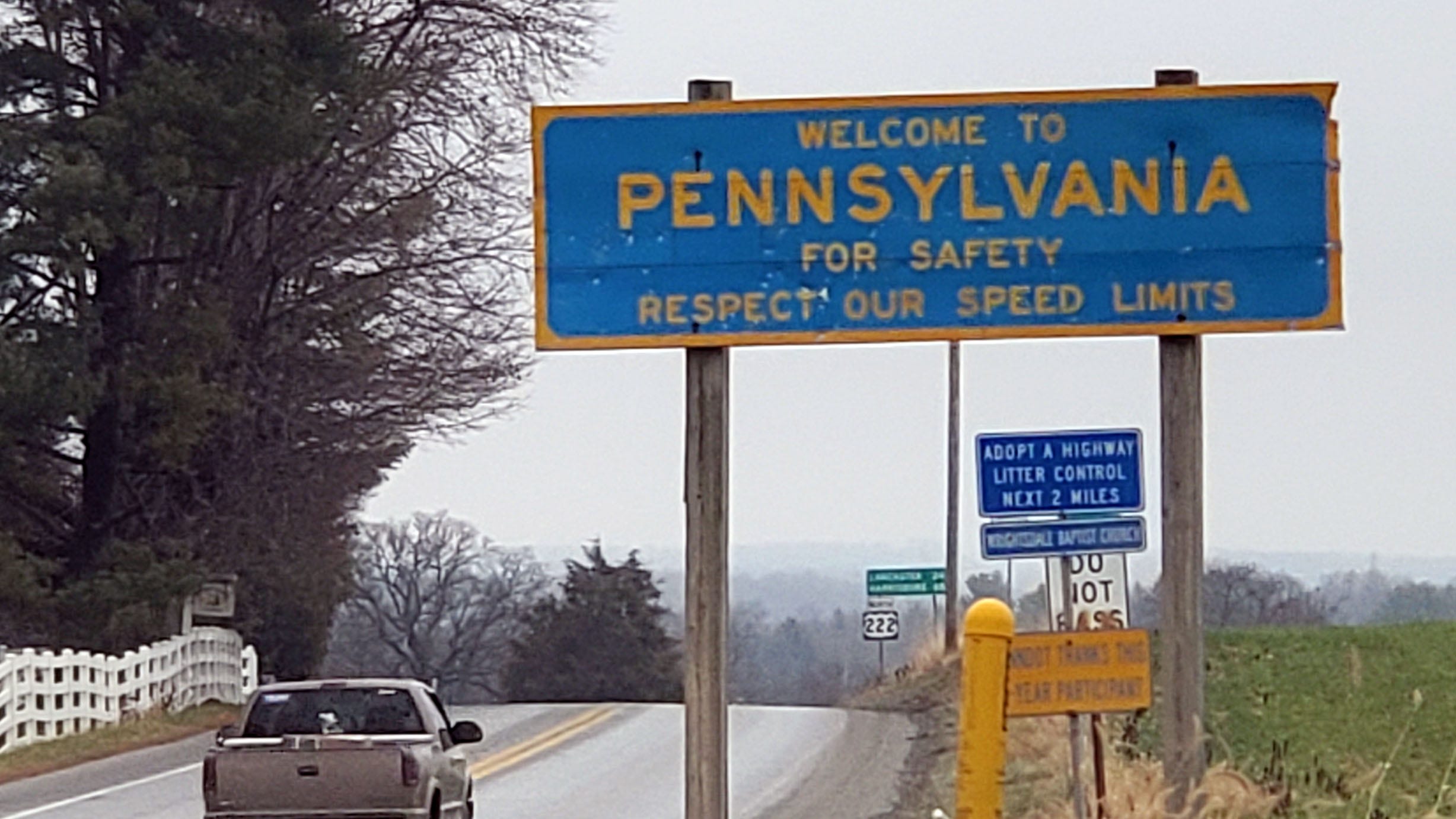GOP gaining ground in PA despite recent Democrat victories
The latest numbers coming out of Pennsylvania suggest a significant shift in demographics and electoral preferences, favoring the GOP. Recent data analysis conducted by PoliticsPA and SpotlightPA revealed that Republicans gained over 10,000 new registrants in the last two months, indicating a trend that could spell success for the party in the upcoming November elections.
Historically, Pennsylvania has been known for its political versatility, frequently switching between parties for gubernatorial seats and producing a diverse range of U.S. senators. However, recent figures show a noticeable increase in Republican registrations, narrowing the gap between Republicans and Democrats in the state. According to political strategist Charlie Gerow, the once substantial Democratic advantage of 1 million registered voters has significantly diminished.
The recent victory of Democratic Gov. Josh Shapiro, breaking the streak of Republican gubernatorial wins, and former President Trump’s failure to secure a repeat victory in 2020, have not deterred the GOP’s rise in registrations. Despite the dominance of Democrats in recent years, the tide appears to be turning in favor of Republicans.
Charlie Gerow predicts that Republican candidate David McCormick will defeat Sen. Bob Casey Jr., attributing the growing GOP support to a demographic shift towards populism. While urban areas like Philadelphia and its suburbs may see an influx of liberal voters, the overall trend in Republican registrations across the state suggests a shift in political sentiment in favor of the GOP.
The narrowing gap in registration numbers between Democrats and Republicans is seen as a reflection of voters’ preference for kitchen table issues over social issues. State Sen. Jarrett Coleman believes that the GOP’s focus on economic concerns resonates with voters, drawing support away from the Democratic Party’s emphasis on social issues like abortion.
Political analyst Sam Chen highlights the recent trends as favorable for Republicans and concerning for Democrats, pointing out Pennsylvania voters’ tendency to split their tickets. Chen acknowledges that not all “new” Republican voters may align with Trump or McCormick, emphasizing the populist versus non-populist dynamic within both parties.
Overall, the state’s political landscape is experiencing a notable shift in registrations, with once-Democratic strongholds now showing signs of Republican gains. While the major cities remain Democratic, the statewide data indicates a shift towards GOP support. With the upcoming November elections on the horizon, the changing demographics in Pennsylvania could hold significant implications for the political future of the state.








